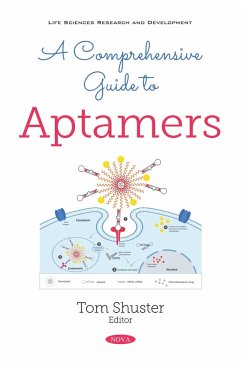Early Onset Scoliosis (EOS) is the lateral curvature deformity of the vertebral column in patients younger than ten years, regardless of etiology. It is a complicated and three-dimensional deformity that has many similar aspects to idiopathic adolescent scoliosis but differs in that it may result in life-threatening cardiopulmonary abnormalities, such as restrictive pulmonary disease, pulmonary artery hypertension, and cor pulmonale if left untreated. Meanwhile, a spinal fusion that is used to correct and prevent the deterioration of adolescent scoliosis results in spinal growth inhibition, pulmonary underdevelopment, loss of the normal proportionality of trunk growth, and the possibility of "e;crankshaft"e; phenomenon development when implemented in EOS patients. Therefore, the ideal treatment should be directed toward ensuring spinal growth while maintaining the correction of the deformed spine. Understanding the nature of the disease facilitated the innovation of growth-sparing treatment and growth-friendly implants. Many types of such implants are available, and they have been classified into distraction-based systems, compression-based systems, and growth-guided systems. Despite the presence of numerous growth-friendly implants, none of them could be regarded as gold-standard treatment due to their disadvantages and complications. Nowadays, the most popular treatment system is the 'Magnetic Controlled Growing Rods.' This system follows the concept of periodic distraction to catch up and promote spinal growth, that is achieved non-surgically in outpatient settings. At first glance, magnetic controlled growing rods appeared to meet the treatment demands; however, substantial complications have been recognized in long-term results. EOS is an uncommon condition with a low incidence rate compared to idiopathic adolescent scoliosis. The rarity of cases has diverted the attention of researchers away from EOS and obstructed the innovation of proper treatment protocols. This book aims to direct the light on EOS, study the pathophysiology of their types, discuss the advantages and disadvantages of present treatment options, and examine the novel studies from a clinical perspective so that better care to this challenging patient group can be delivered by health providers.
Dieser Download kann aus rechtlichen Gründen nur mit Rechnungsadresse in A, B, BG, CY, CZ, D, DK, EW, E, FIN, F, GR, HR, H, IRL, I, LT, L, LR, M, NL, PL, P, R, S, SLO, SK ausgeliefert werden.









